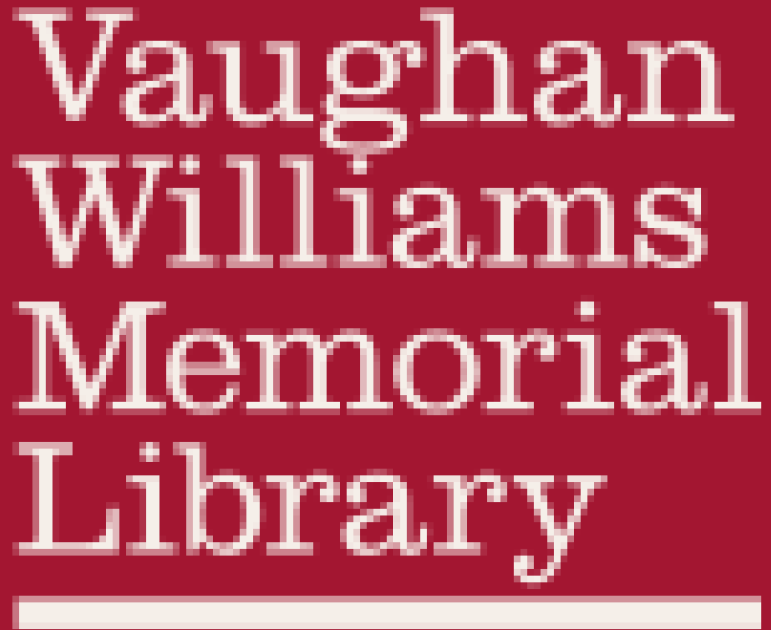Call for Papers
- Details
-
Published: Friday, 17 April 2020 11:30
Traditional Tunes and Popular Airs: Exploring Musical Resemblance
A two-day conference to be held on 10-11 October 2020
At Cecil Sharp House, 2 Regent’s Park Road, London NW1 7AY
Organised by the Vaughan Williams Memorial Library/English Folk Dance and Song Society
CALL FOR PAPERS
Deadline 29th February 2020
We are delighted to announce that the 3rd Traditional Tunes and Popular Airs (TTPA) conference will take place at the Cecil Sharp House, London, on Saturday 10 October and Sunday 11 October 2020.
TTPA conferences aim to bring together researchers working on ‘traditional’ and ‘popular’ tunes as transmitted and transformed in all manner of musical styles and genres, performance contexts, levels of society, historical periods, and geographical locations.
Proposals are invited for presentations (20 minutes + 10 minutes for discussion) on any aspect of the topic. We welcome a broad range of approaches, including historical research and ethnographic studies to illuminate melodic interrelationships. Relevant areas include music for performative dance (such as morris, sword, clog and other forms of step and percussive dance, Scottish, Irish and Welsh dance) and participatory dance (social, country, ceilidh/ceili), instrumental music, ballad operas and theatrical works, religious music, broadside balladry, blackface minstrelsy, music hall, the pleasure gardens, domestic music-making, national and folk music, and children’s songs.
Possible topics, as they relate to the central theme of tune transmission, melodic persistence and musical transformations, cover:
- Melodic identity and musical perception
- Continuity and change
- Learning and memory
- Musical composition
- Musical institutions, practitioners and audiences - social divisions, musical genres, performance styles, experiences of music
- Copyright, ownership, re-purposing of tunes
- Sources (tune notebooks, sheet music, recordings, transcriptions, archival collections)
- Modes of dissemination (e.g. print, oral transmission, notations, the history of music publishing)
- Musical literacies
- Tune indexing and melodic retrieval
- Melodic analysis, monophony, harmony, tonality, metre and rhythm
- Scholarship and theory, e.g. the ‘tune family’ concept, melodic typology, the concept of musical ‘borrowing’, ethnographic, ‘immersive’ and multimodal approaches
- Tune histories
- Text-tune relations in song; music-movement relations in dance
- Popularity, aesthetics and meaning
As well as papers, we invite 15-minute presentations to a panel session highlighting a particular source/resource/research tool relevant to tune research.
Please send 200-word proposals to the conference organisers at This email address is being protected from spambots. You need JavaScript enabled to view it..
Deadline for submission: 29th February 2020.
Conference organisers: Becky Dellow, Julia Bishop, Malcolm Barr-Hamilton and Laura Smyth.


